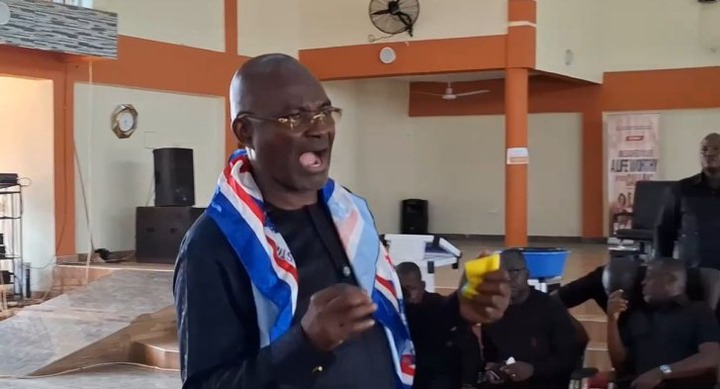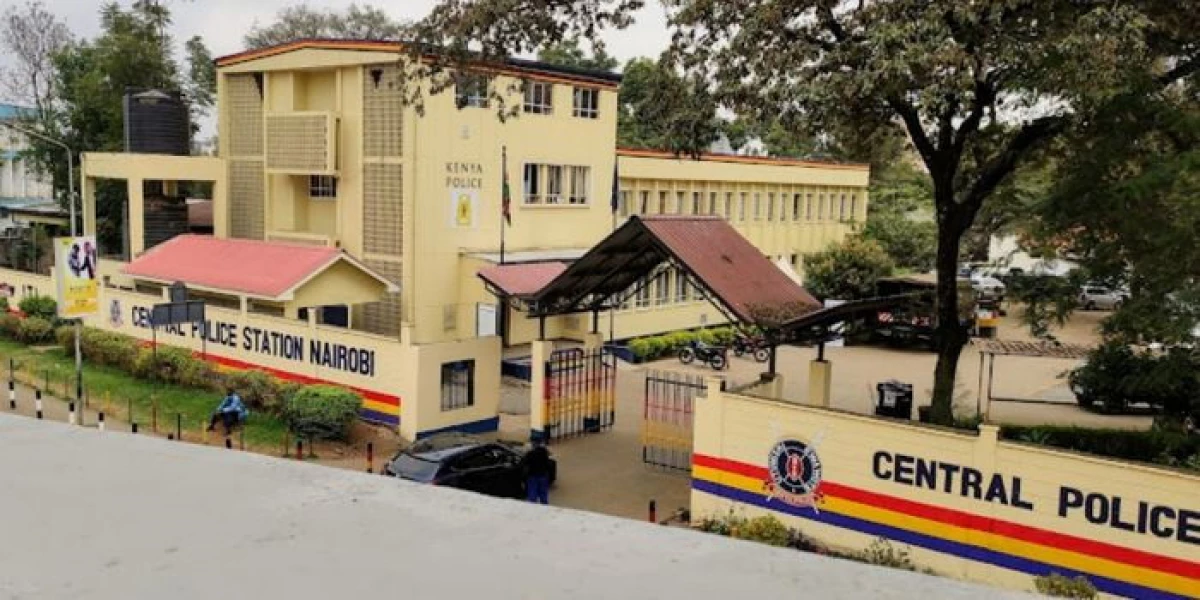Nassau County is wrong on its first responder protection act
This guest essay reflects the views of Denise Civiletti, vice president of the Press Club of Long Island, the local chapter of the Society for Professional Journalists.
The Press Club of Long Island strongly opposes Nassau County’s newly enacted "First Responder Zone of Protection Act" for its potential to unlawfully restrict newsgathering — a fundamental right protected by the First Amendment.
The act empowers any first responder — including police officers, emergency medical technicians, firefighters, and others — to order someone to stay at least 15 feet away if they "reasonably believe" that person may pose a threat or interfere with their duties. Violating such a warning is punishable by a fine of up to $1,000 or up to one year in jail.
Critically, the law does not define what constitutes a "reasonable" belief or what behavior may be considered a threat or interference. This gives first responders broad discretion, opening the door to subjective and inconsistent enforcement.
This law risks criminalizing the public’s right to occupy public spaces and observe or record public officials — including law enforcement — performing their duties. As the U.S. Supreme Court has ruled, the First Amendment protects the right to challenge and criticize police and to record their actions in public (City of Houston v. Hill, 1987). Without that right, public accountability suffers.
The 15-foot buffer is arbitrary and could easily be manipulated to block the public from witnessing important events, particularly if multiple overlapping zones are created at once. Importantly, existing laws already give police the authority to manage truly unsafe or obstructive behavior.
This act, rather than promoting safety, appears aimed at shielding law enforcement from public scrutiny. If such a law had been in place in Minneapolis in 2020, the world might never have seen the video of George Floyd’s death — and Derek Chauvin might not have been held accountable. The New York Civil Liberties Union warned Nassau lawmakers that this law is overly broad, likely unconstitutional, and destined for legal challenge. Nonetheless, the legislature passed it unanimously.
Laws that hinder public oversight of police don’t enhance safety — they erode constitutional rights, undermine transparency, and damage trust in law enforcement.
This guest essay reflects the views of Riverhead resident Denise Civiletti, vice president of the Press Club of Long Island, the local chapter of the Society for Professional Journalists.













